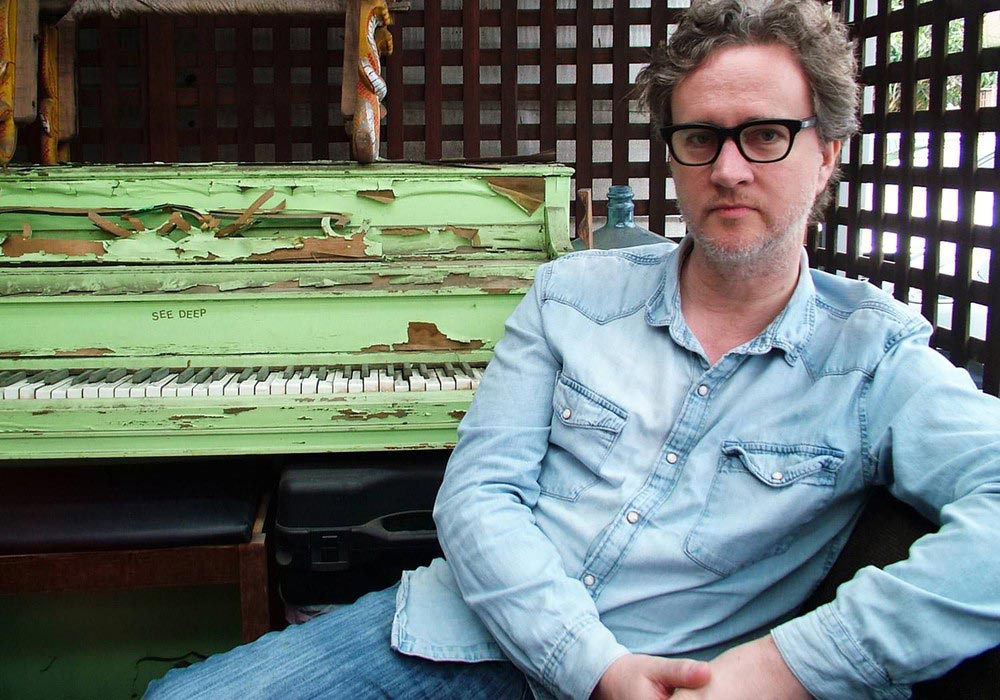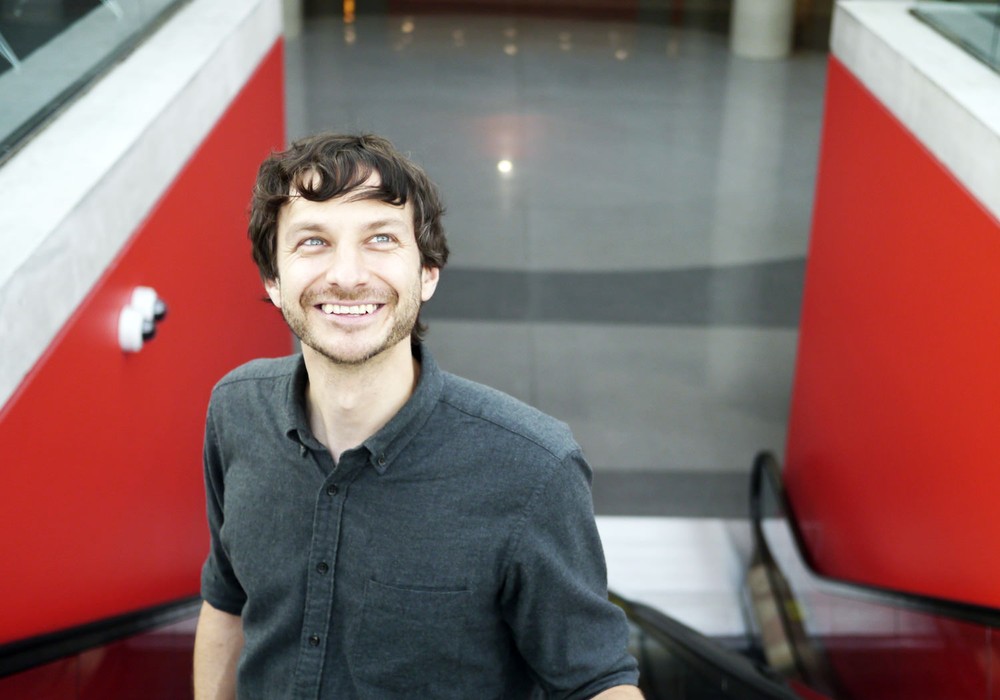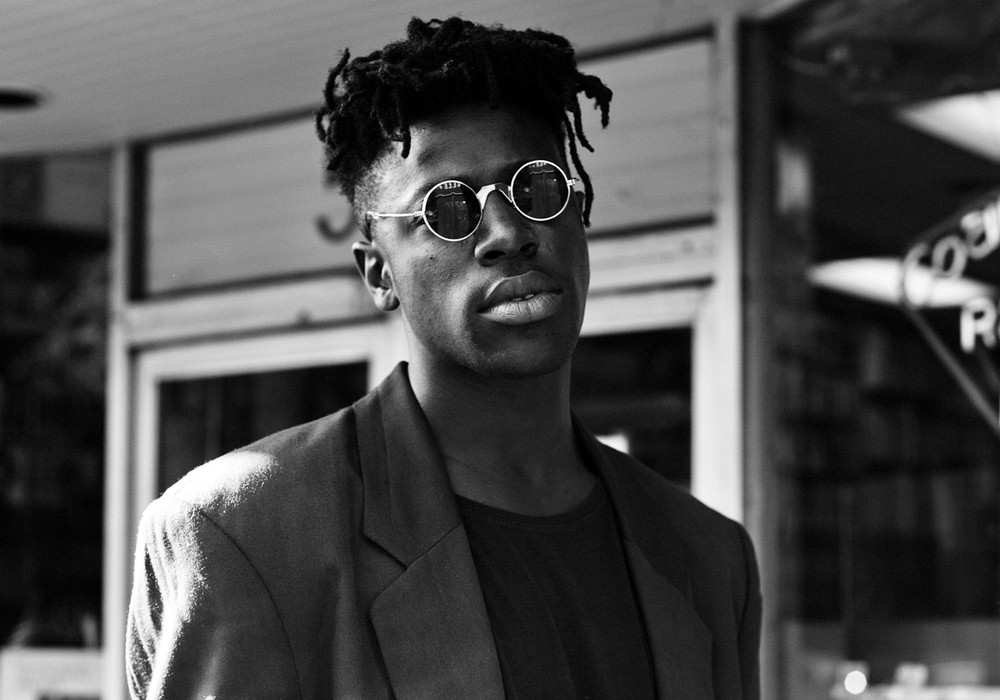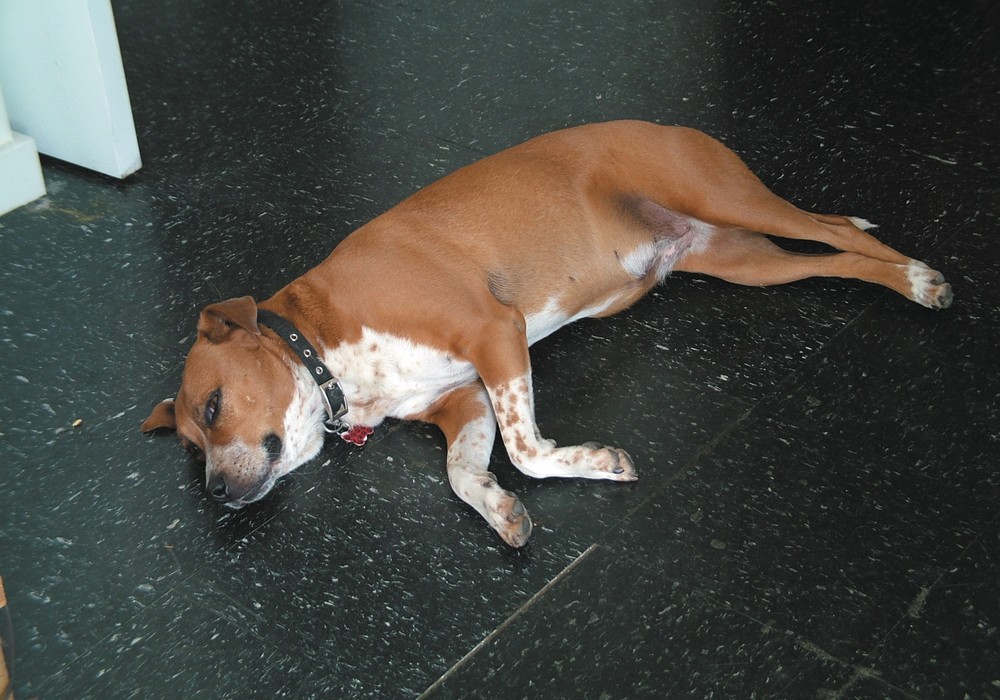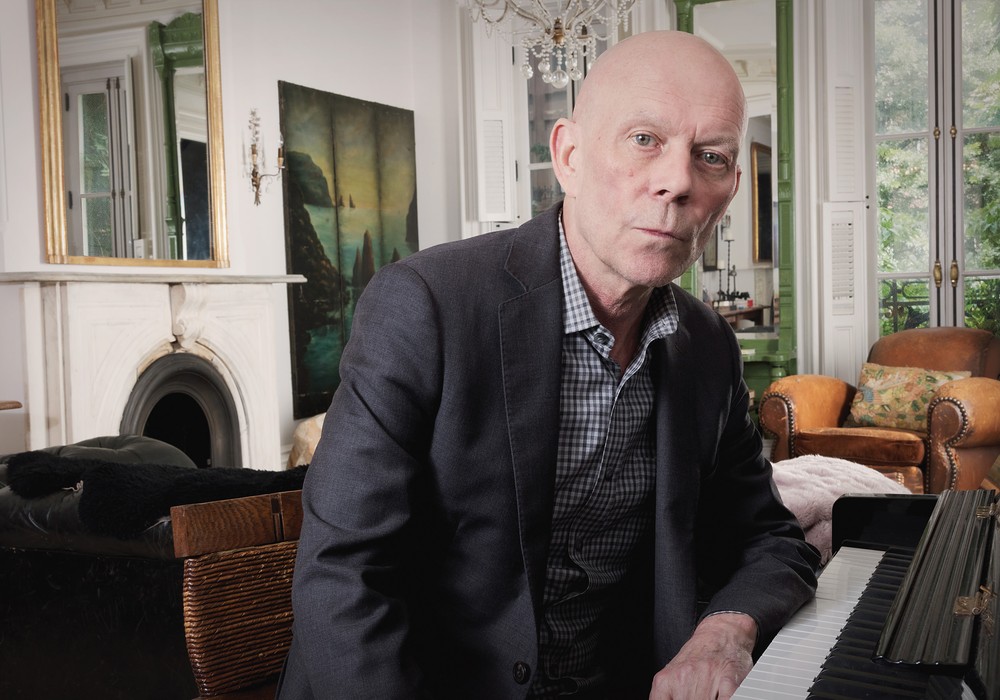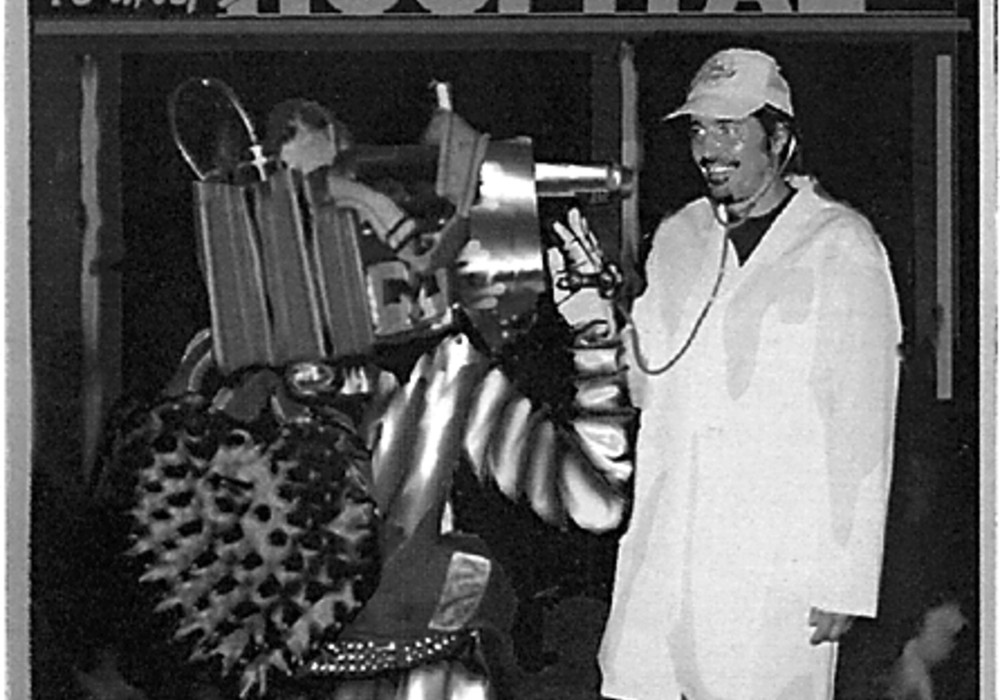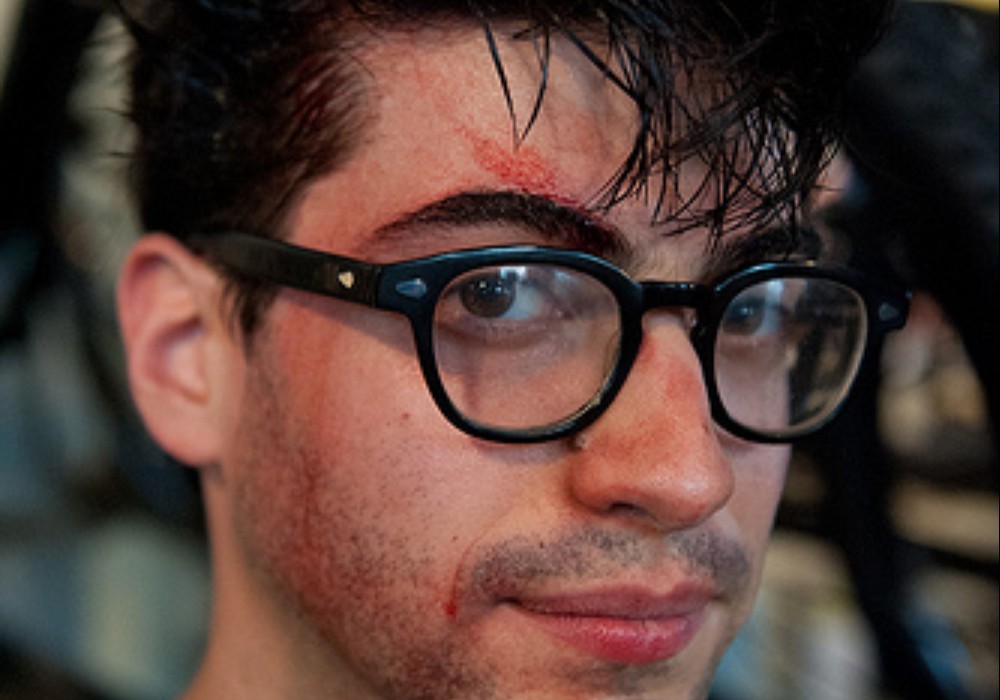We interviewed producer/engineer Jonathan Schenke in November of 2017 for Tape Op issue #122, but since that time he has moved studios, formed new recording and performance projects and been part of a bunch of new records. Online publisher Geoff Stanfield caught up with Jonathan recently at his new Brooklyn based Studio Windows.
Thanks for taking the time to sit down again. I know we interviewed you a few issues back.
Yeah. That was at my old space, Dr Wu’s, so it’s cool to have you over here at Studio Windows.
I know you did a lot of live sound, and as you got older and into the scene, started getting more interested in recording. What was your initial interest in music? How did you find your way pre-live sound?
Some of my earliest memories are music-related. My parents both sing in the choir still, and my mom is a really gifted pianist. I remember The Planets by Gustav Holst and Beethoven’s 5th, going and putting the record on and cranking the volume knob, which in my mind, took up the whole hand as a four-year-old child, just cranking the volume and running out of the room before the opening notes hit. That was like my idea of fun. There was all this music in the house. Being in elementary school and discovering Sgt. Pepper’s... in my uncle’s collection and just becoming obsessed with The Beatles. I feel like my entire childhood I was an avid fan of music. I played in the garage with a couple buddies, but I never really...there was some like gap between being a fan of music and being a maker of music. It wasn’t until I was in college and I quit the computer science program that I was like, "Oh, well, what do I actually want to do? If I don’t want to program computers for this semester, I probably don’t want a degree, and I definitely don’t want to do it for the rest of my life. What do I actually want to be doing?" I figured out I could make up a major and get into the recording program at the Cleveland Institute of Music without being a classically-trained performer.
Were you playing music as a kid?
A little bit. I had piano lessons. I sang in choir. I had bass guitar and would jam with people, but I never really, what I’m saying is there was this weird gap in realization of like, "Oh, I could get a 4-track?" I didn’t have buddies who had 4-tracks. I grew up in the ‘90s, so like the grooveboxes, that would have cracked my skull open. I feel like that would have been the perfect introduction, but I didn’t have any friends or elders who were like, "Oh yeah, you should check this thing out." So it took that inward, deep stare my freshman year of college of like, "Actually all I want to do is make records. I don’t even know how to do that but that’s all that I want to do."
So you just jumped into it from a real interest standpoint, like, "Oh, I could do this!"
Oh yeah. "People do this? I should be one of those people."
The things that you’ve subsequently done, like work with Eventide, have tapped into some of your computer-based knowledge, which is interesting. It’s maybe kind of a little bit full-circle.
Yeah, sure. And the way most of us make music. I love working on tape, but to be real, the majority of the projects that I do and that I think most other people making music in 2019 do, we spend a lot of time at the computer. Even if we’re not putting in the code, there are those same sort of analytical approaches, like, "If I want to do this, then I should group these things way to maximize my processing or to have infinite recall-ability when someone hits me up in two months and asks for those minute changes." The same sort of analytical approach I guess.
Can you give me an example of one of those times?
Yeah. So our studio, we don’t have a console here. We had a Neve 5088 like Larry [Crane] does. We had that at Dr. Wu’s, but our loan was such that it’s like, "Do we build out the studio, or do we have a console?" We still have all this really fun outboard rack gear, so Jake [Aron] and I will print our effects,...
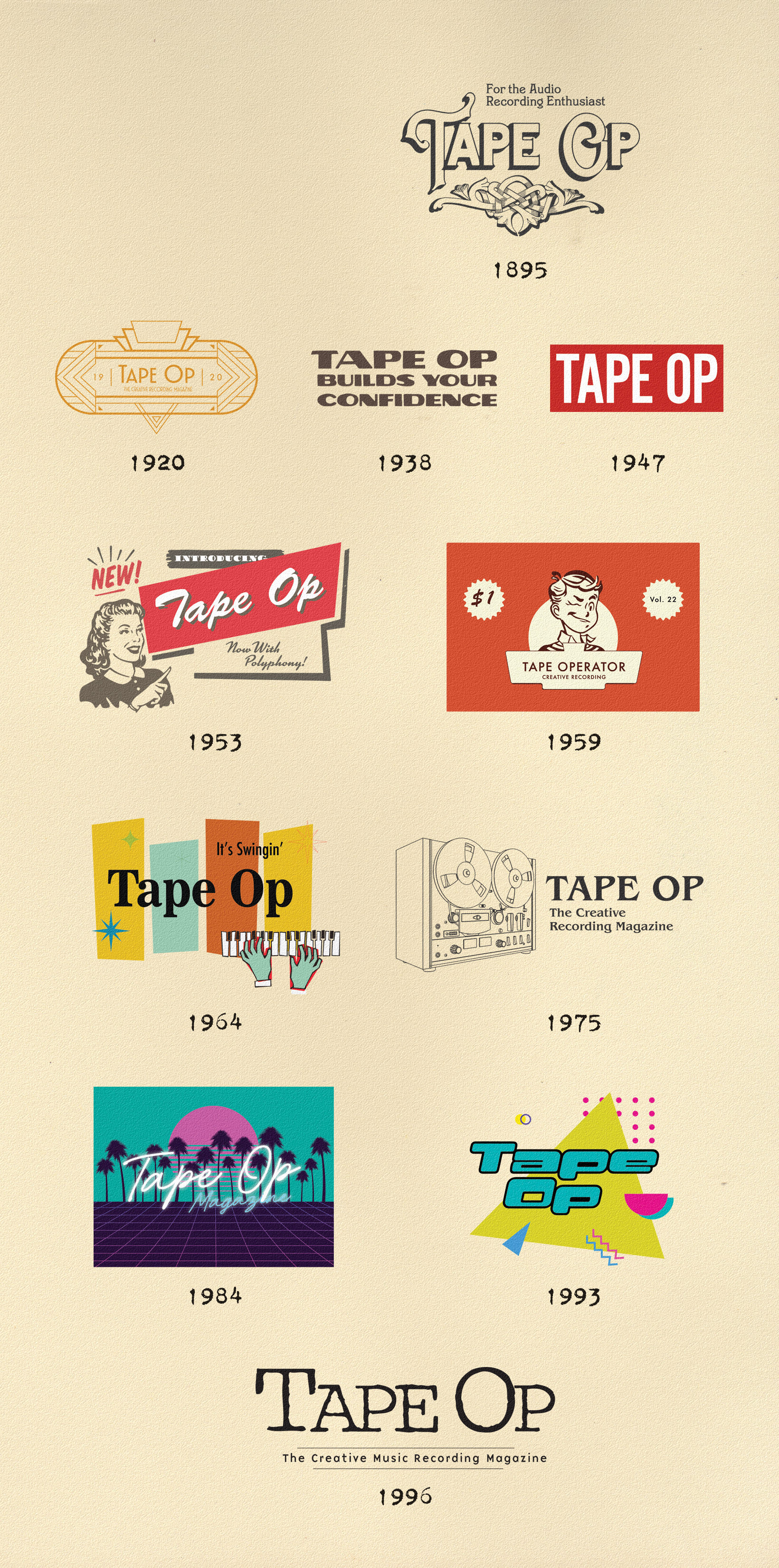

_display_hires.jpg)
